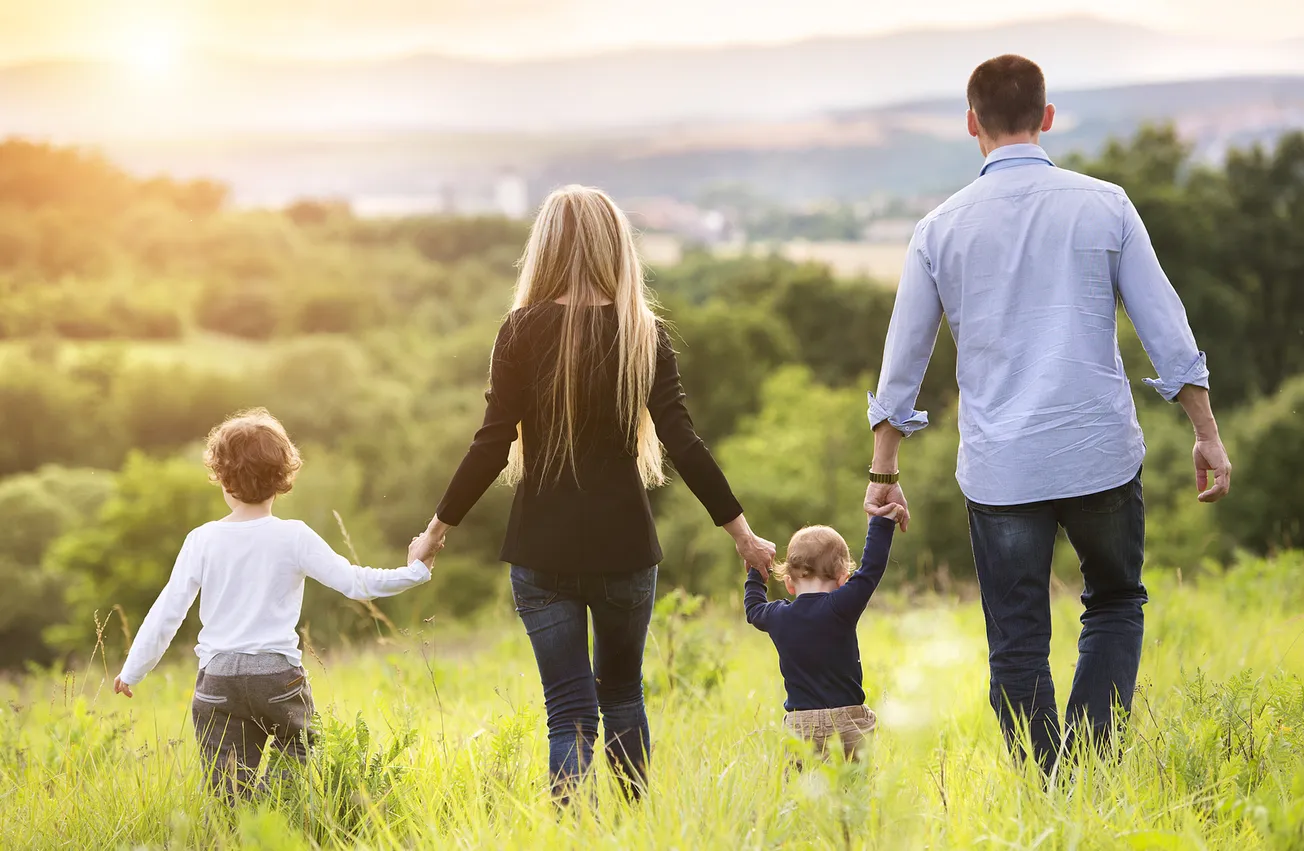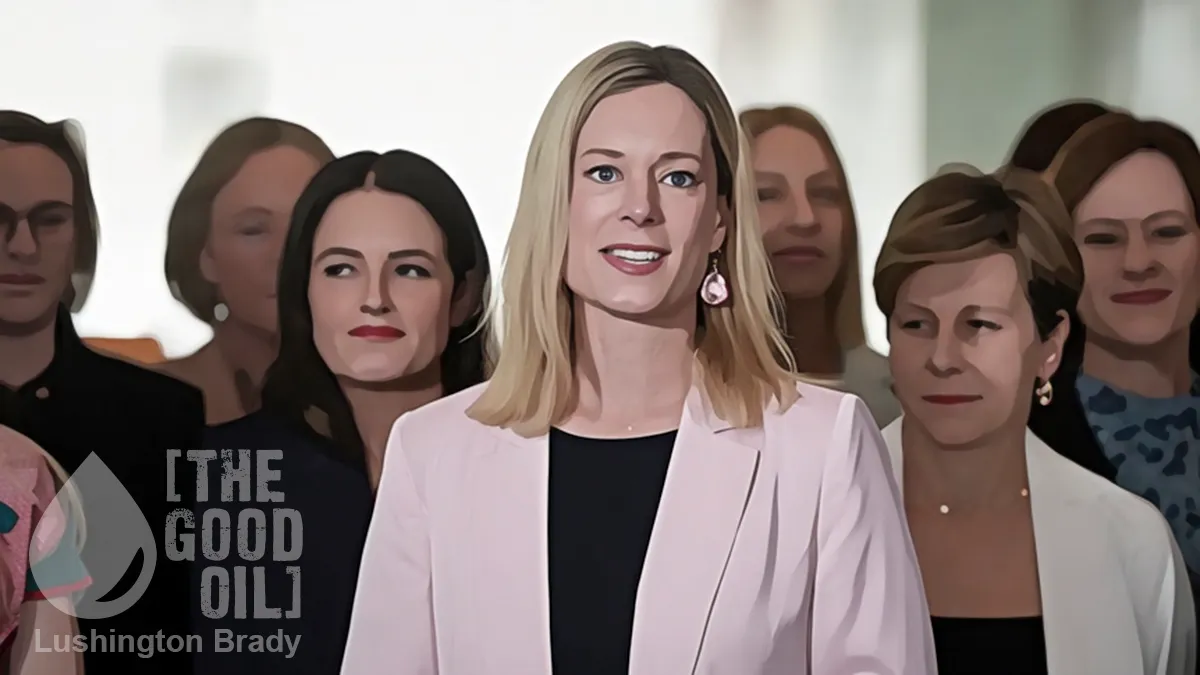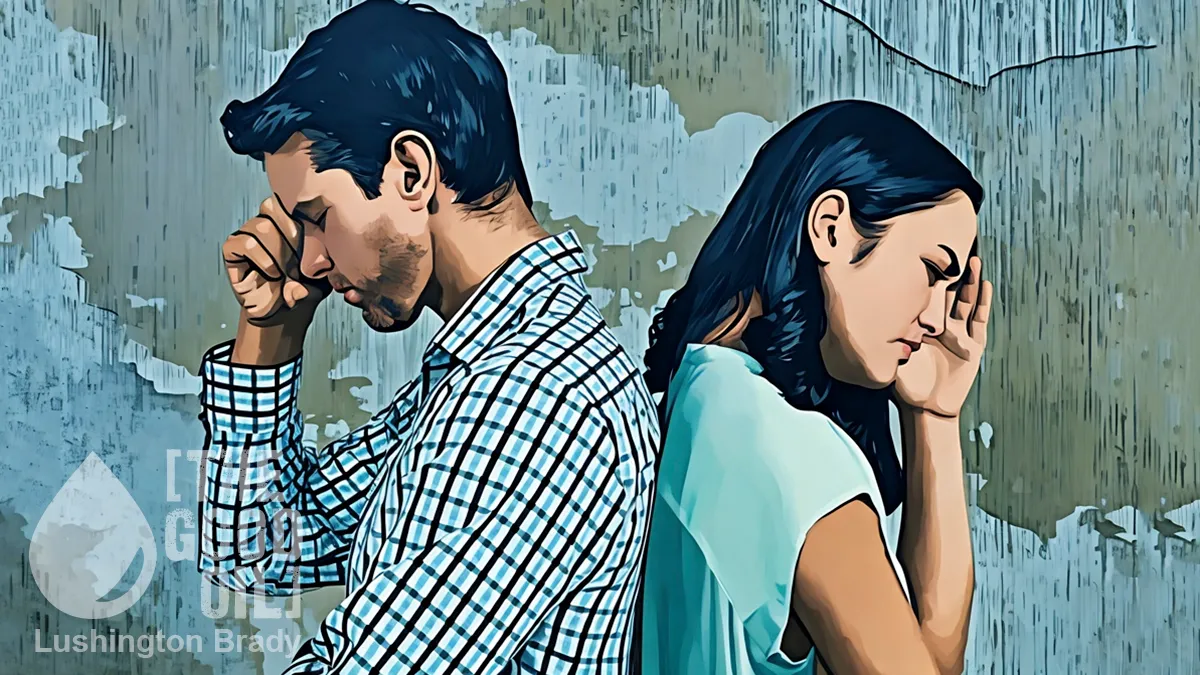Table of Contents
In Joe Haldeman’s classic SF novel, The Forever War, a future world-government socially engineers a population of indeterminate, uniformly vaguely brown, non-ethnicity – and 100 per cent homosexuality. The latter is engineered as a form of population control. Breeding is solely by cloning, and heterosexuality is socially abhorrent.
Haldeman sets that dystopian twist centuries in the future. If the current Arbiters of Correctness get their way, we may not have to wait anywhere near so long.
A professor at the University of California-Riverside called heterosexuality “tragic” and stated that men are often pulled into toxic masculinity because of it.
University of California-Riverside Gender and Sexuality Studies Professor Jane Ward was recently featured in an Insider article titled, “Why heterosexual relationships are so bad for us, according to a sex researcher” in which she told the outlet that heterosexuality [is] “tragic.”
Ward has also authored a book called The Tragedy of Heterosexuality.
It all sounds very much like the frustrated rugmuncher (she cites herself as being “mother” to 10 pets, rather than her sole human trophy child) is projecting her own insecurities on to the rest of us.
“It really looks like straight men and women don’t like each other very much, that women spend so much time complaining about men, and we still have so much evidence of misogyny,” or woman-hating behavior, Ward told Insider. “From an LGBT perspective, [being straight] looks actually very tragic.”
Actually, it really looks like, once again, leftist academics are judging the rest of us by the horrible people they surround themselves with.
The article cites an uptick in divorces and relationship problems among straight couples since the beginning of the coronavirus pandemic […]
One individual stated in Ward’s book that she finds it “depressing” that her friends “put up with” this from men.
”I find it depressing to see what my straight female friends put up with regarding treatment from men. I really sympathize with these women, but at the same time it makes me feel alienated from them,” she says in Ward’s book.
One might be prompted to ask, though: if heterosexual relationships, and men in general, are so awful, why is it that homosexual relationships are far more violent? And lesbian relationships the most statistically violent of all?
“I wrote this book because I love straight people, and because the research on heterosexual marital satisfaction over the life course shows that straight couples are struggling to balance work and family obligations and this leads to frustration and resentment for many straight women, in particular,” Ward told Campus Reform in an email.
Campus Reform
The problem for Ward’s thesis, though, is, as Camille Paglia points out, that such frustration and resentment is precisely because of the warped perspectives espoused by academic feminists.
Contrary to Ward’s ludicrous theories, married couples are the happiest people in America (and in Britain, and elsewhere). Given that the data has been consistent since the 1970s, and that same-sex marriages account for less than one per cent of marriages, the conclusion is clear: straight, married people are very happy.
On the other hand, lesbian relationships like Ward’s are statistically vastly more likely to be violent and miserable.
“One of our startling findings was that rates of domestic violence among same-sex couples is pretty consistently higher than for opposite sex couples,” says Richard Carroll, a psychologist and co-author of the report [by …] the Northwestern University Feinberg School of Medicine in Chicago – a review of data from four earlier studies, involving 30,000 participants.
BBC
CDC data also confirms that lesbian and bisexual women are the most likely to be victims of violence from their intimate partners. Lesbians (44%) are far more likely to be victims of domestic violence than straight women (35%). If the problem was solely male, then male homosexuals should be the most affected – instead, they are half as likely as lesbians to experience intimate partner violence.
The National Violence Against Women survey found that 21.5 per cent of men and 35.4 per cent of women living with a same-sex partner experienced intimate-partner physical violence in their lifetimes, compared with 7.1 per cent and 20.4 per cent for men and women, respectively, with a history of only opposite-sex cohabitation. Transgender respondents had an incidence of 34.6 per cent over a lifetime.
Advocate
So, if you want to be happy, do exactly the opposite to what a miserable, misandrist gash-guzzler tells you.
We know whose lives are really tragic: the data, unlike feminist academics, doesn’t lie.









